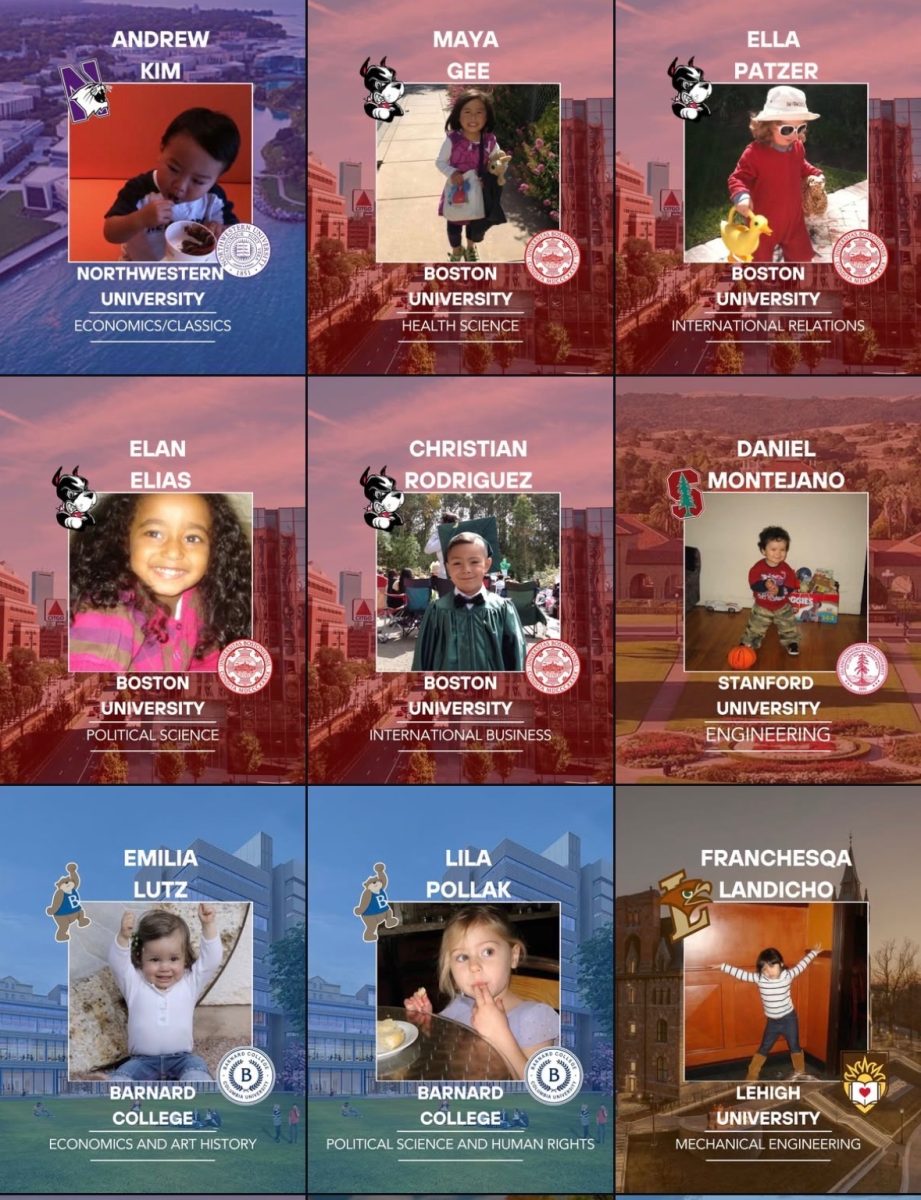Zoe Newcomb
News Editor
When the Pink Ladies and the Thunderbirds were busy singing about “Summer Days driftin’ away/to uh-oh those summer nights,” their biggest concern in the world was “Does he have a car?” Today, the concept of recharging and having fun during the summer seems entirely lost on a generation of teenagers working constantly to build a college resumé.
It was in the early 1900s that the concept of a summer break was institutionalized across America, arguing that overworking students would lead to a generation of burnouts who has no desire to learn.
Having a job can teach important skills, and learning to have a work ethic is a key part of growing up. However, students need to realize that getting into the top college and being “successful” by society’s standards is not the most important part of life.
Developmentally, teenage brains do not reach full maturity until age 25. Teenagers should not be working the same hours as adults, but growing up discovering what they love to do in life so that as an adult they can find a job that fits their personality.
In Arthur Miller’s play, Death of Salesman, a travelling salesman seeking recognition and his son struggle against the societal norm of the business world and a desire to work outdoors. Ultimately, the son is able to reconcile his yearning for the outdoors and goes to work on a ranch, and the father commits suicide out of desperation.
Teenagers need to learn how to balance work and play when they are young — if students are already overworked at 16, they won’t be motivated to work hard as adults.
Students in Japan, attend school six days a week for the majority of the year — significantly longer length of time than students in the United States. While Japanese students may have marginally higher test scores than other countries, they also have the highest teen suicide rate in the world.
Life is a balancing act — managing work, school, and play. Many students think that they need to work hard throughout all of high school so that they can have fun as adult, but that’s not the case. Habits developed, as a child will follow people throughout their life, so the teenage years are a critical time.
Working at the local coffee shop or having a part-internship can be beneficial, but teenagers can’t forget to have fun. Like the cliché says, you’re only a kid once.








